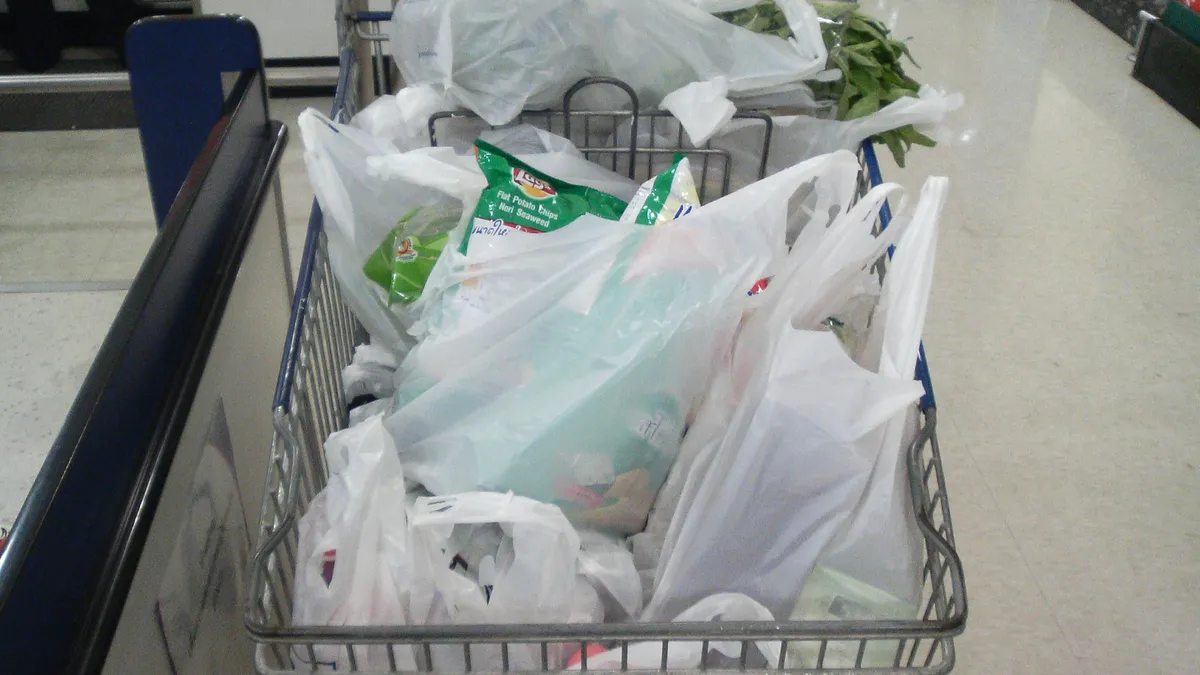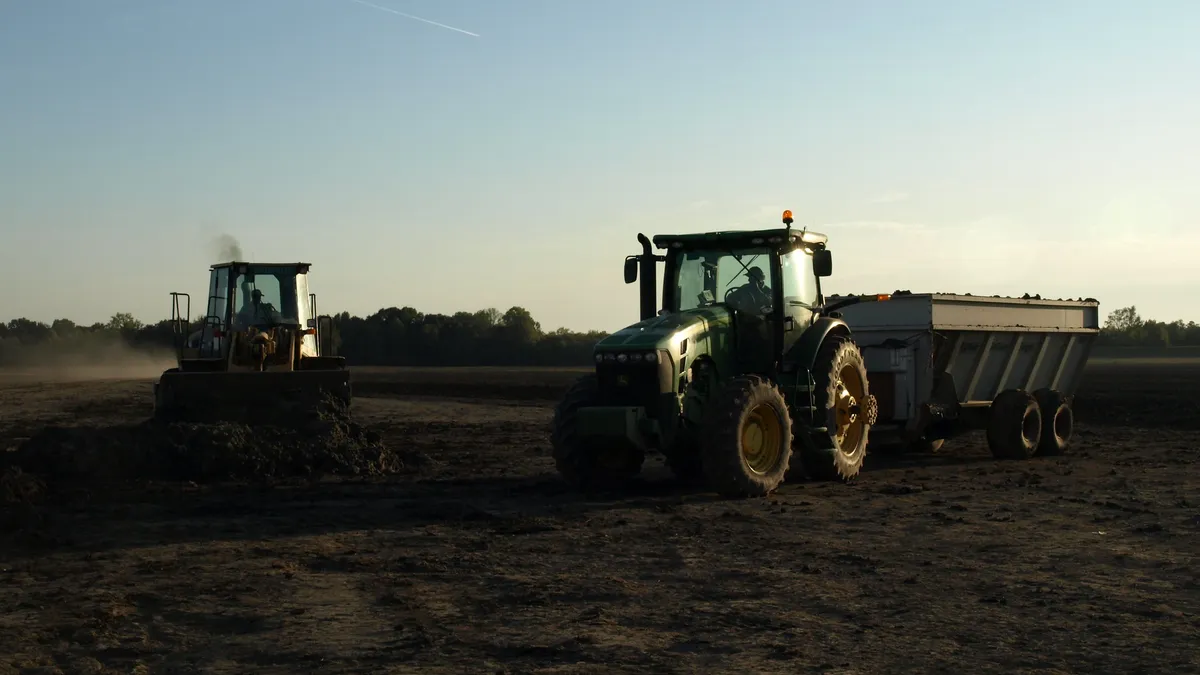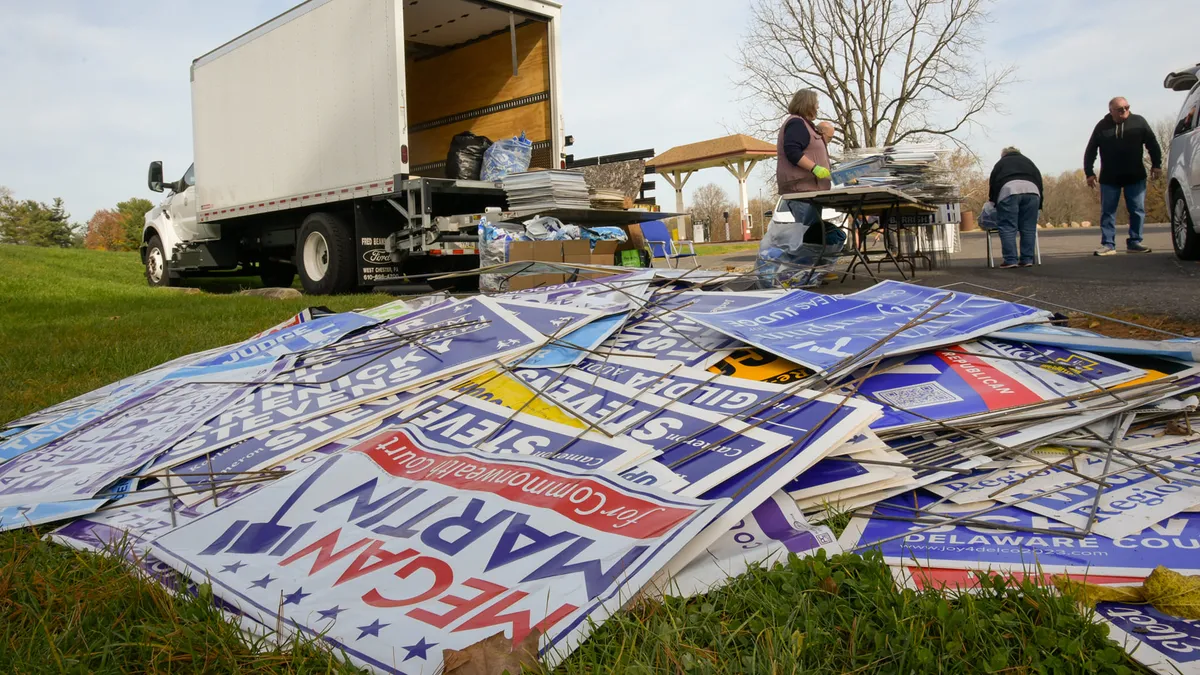UPDATE, Aug. 21: City officials in Minneapolis declined to vote on a 5-cent bag fee during a scheduled vote on Aug. 18, as reported by the Star Tribune. The fee would have been placed on bags provided by retailers to consumers. Instead, council members have tasked city staff to report a recommendation for reducing plastic waste.
There is no specification of when staff members must present a recommendation. It is also unclear if a full council vote on the bag fee will eventually be rescheduled.
UPDATE, Aug. 11: A Minneapolis City Council committee gave unanimous approval this week for a 5-cent bag fee in the city, according to the Minneapolis Star Tribune. The fee would apply to paper, plastic, compostable and reusable bags provided by retailers. Exceptions are provided for dry cleaning bags, carryout from restaurants and for customers using public assistance to buy groceries.
The 5-cent fee won't be collected by the city. Instead, store owners will get to keep the collected fees to help them cover the cost of providing bags. A full council vote on the issue is scheduled for Aug. 18.
Dive Brief:
- Minneapolis City Council Member Cam Gordon told fellow council members last week that he plans to introduce a city ordinance that would require stores to charge a fee — 5 or 10 cents — for every plastic or paper bag a customer uses, according to the Minneapolis Star Tribune.
- According to the Tribune, stores in Minneapolis were prepared for an ordinance to stop offering plastic bags and to charge a 5-cent fee on paper bags by June 1. However, that ordinance was blocked by the state government when Gov. Mark Dayton signed a jobs bill that also contained a provision that preempts cities from banning plastic bags, as reported by MPR News.
- Rep. Jim Nash (R) told the Tribune that he'd rather see communities "educate shoppers" than charge for a bag. He added that a fee per bag is "another way to fiddle with consumer choice."
Dive Insight:
The case in Minneapolis is just a blip on the radar of cities and states whose officials are considering plastic bag ordinances. State lawmakers in Pennsylvania just signed off on a bill that would preempt municipalities from enacting any sort of plastic bag ordinance, though the governor has said he'll veto. In April, Iowa became the eighth state to outright ban local governments from passing ordinances regulating plastic bags.
For lawmakers, it's a balancing act. Plastic bags are convenient and habitual for consumer use, but they can also get loose from the waste stream and cause environmental pollution and harm. Manufacturing plastic bags can boost manufacturing jobs, but they can also delay productivity at recycling plants.
The debate among industry players is far from settled, and just about every sector of the waste industry — from diversion, to MRF operation to selling recycled materials — would see its operations impacted in one way or another if a bag ordinance came to a company's service area.








